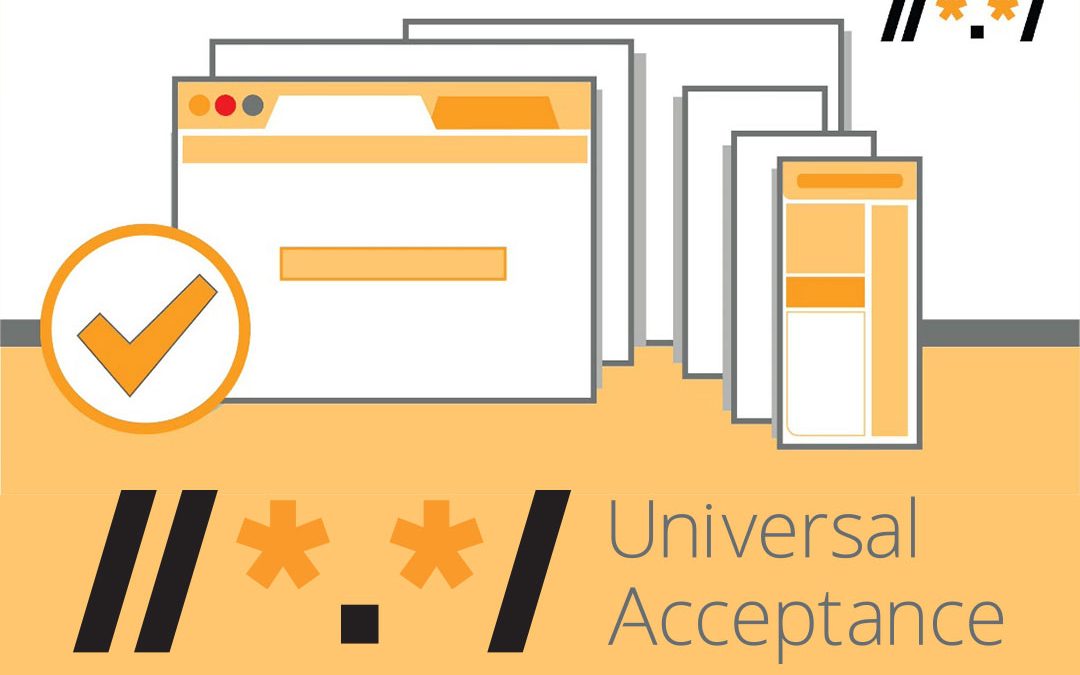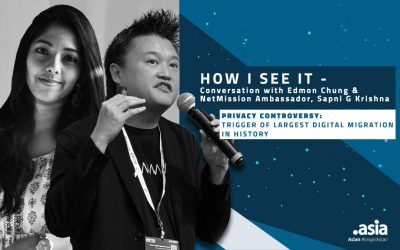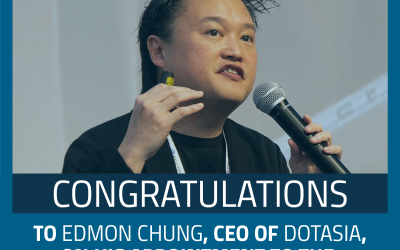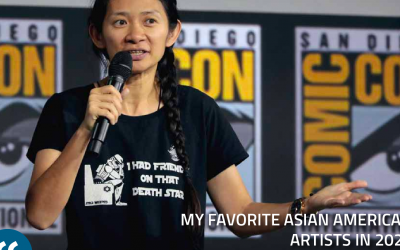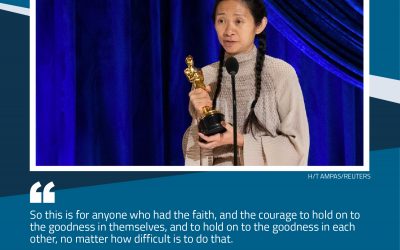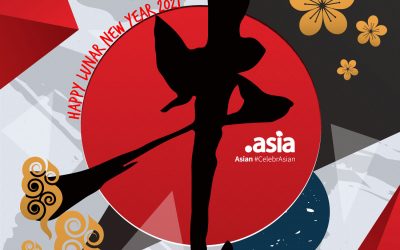By Don Hollander
Universal Acceptance Steering Group
Millions of users may be denied access to your services – and that’s not fair to you or to them.
Since 2010 the Domain Name System (DNS) has expanded dramatically, not only fueling competition, choice and innovation, but truly enabling a multi-lingual Internet. There are now more than a 1,500 top-level domains (TLDs), many of which are longer than the traditional two- and three-character names (e.g. .com, .hk, and .org) or are in non-ASCII based scripts – such as Arabic, Cyrillic, Thai and Chinese. In Hong Kong, HKIRC
The issue at hand
Many organizations and businesses have not updated their systems to accommodate the new domains or what we call become Universal Acceptance (UA)-ready. As a result, many applications and Internet-connected devices and systems are unable to accept, validate, store, process or display all domain names. This causes problems for organizations and headaches for users because if the applications do not recognize or appropriately process the new domain names or email addresses that use these extensions, it will result in lost customers and a poor user experience.
Resources available to assist you
To address these issues and provide support, stakeholders and industry leaders such as Apple, GoDaddy, Google, ICANN, Microsoft, DotAsia and Verisign, created the Universal Acceptance Steering Group (www.UASG.tech). The UASG exists to help organizations ensure their systems are UA-ready and able to accept all domain names and email addresses in any valid script.
Visit our website and view these helpful guides (https://uasg.tech/documents), and to get involved with the UASG (https://uasg.tech/subscribe) so we can work together to fully incorporate these new domains for the benefit of the next generation of Internet users.
For the full article: http://get.uasg.asia/docs/UA101_HK_ENZH_final.pdf
About the author: Don Hollander is the secretary general for Universal Acceptance Steering Group and former CIO for large domestic and international corporations.
This.Is.Asia Newsletter Issues
This.is.Asia December 2021 Issue
This.is.Asia October 2021 Issue
This.is.Asia October 2021 Issue
This.is.Asia August 2021 Issue
This.is.Asia August 2021 Issue
This.is.Asia June 2021 Issue
This.is.Asia April 2021 Issue
This.is.Asia February 2021 Issue
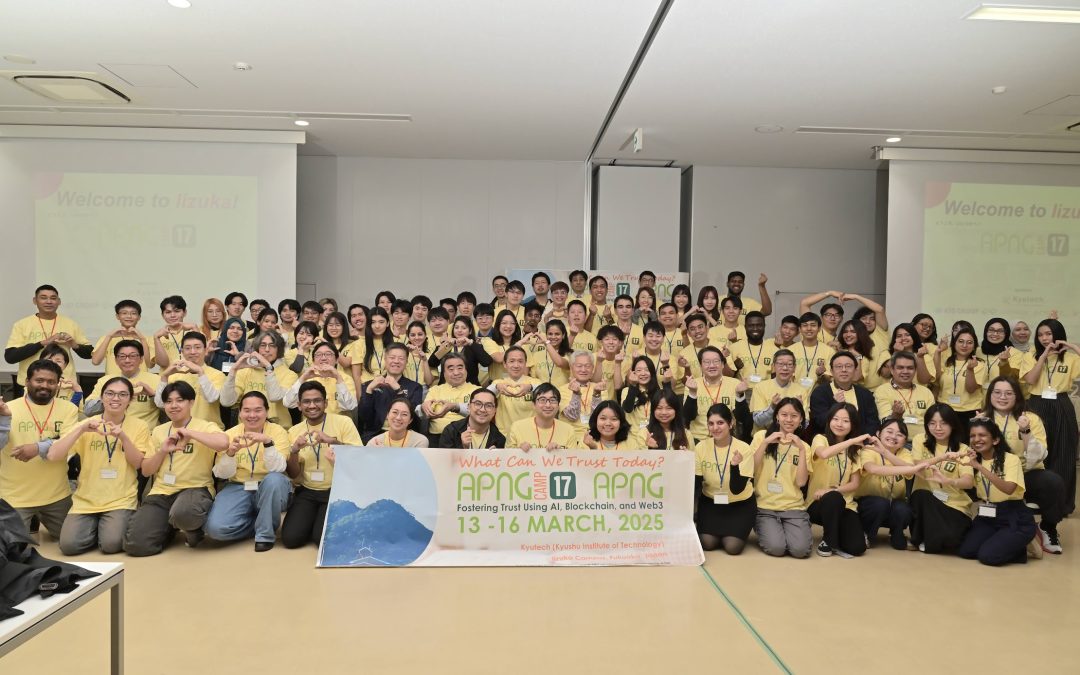
17th Asia Pacific Next Generation (APNG) Camp
The 17th APNG Camp successfully provided a collaborative space for young Internet leaders to explore critical topics related to trust in the digital age.
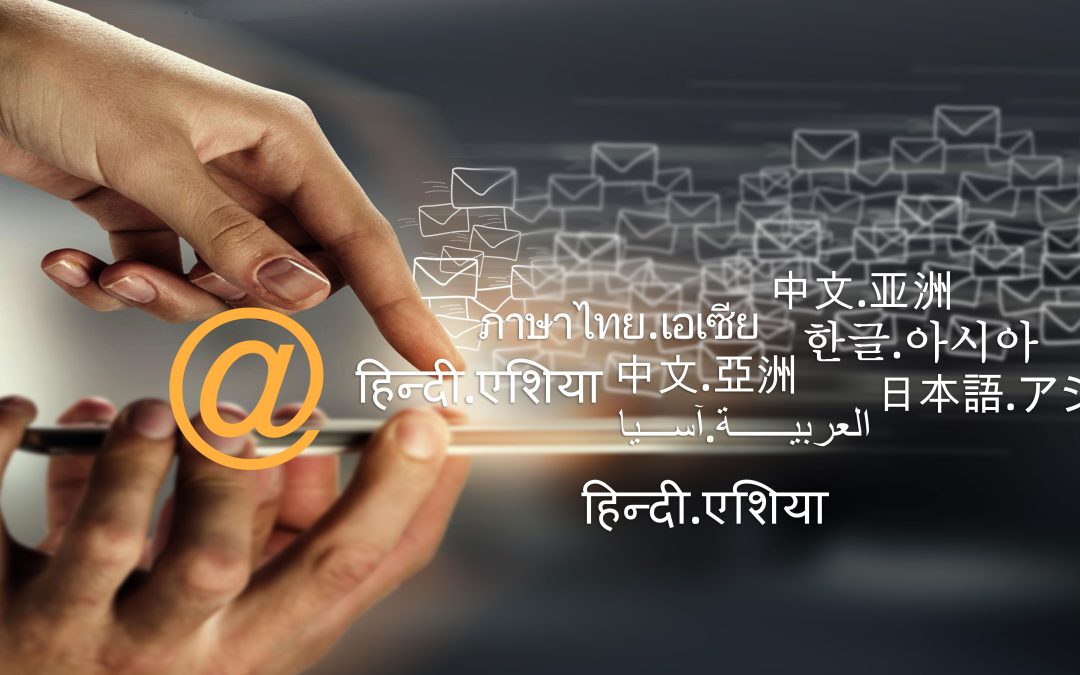
Beyond ASCII: The Vital Role of Email Address Internationalization in a Connected World
As the world becomes more connected, the need to use domain names and email addresses in local languages and scripts also continues to rise. EAI adoption has been growing in recent years, according to a Universal Acceptance Steering Group (UASG) report, as of May 2021, around 9.6% of email domains now support Email Address Internationalization (EAI), marking a noteworthy improvement from previous years. This progress indicates that EAI support is becoming more prevalent, ultimately making it simpler for individuals across the globe to utilize email addresses in their preferred languages and scripts
Continued Commitment to the Vision and Mission of DotAsia
An Open Letter and Call for Support Dear DotAsia Board and the Asia Pacific Internet Community, Thank you for the invitation for me to submit to you my ongoing commitment and vision for DotAsia to be a contributor to the regional and global Internet community as the...
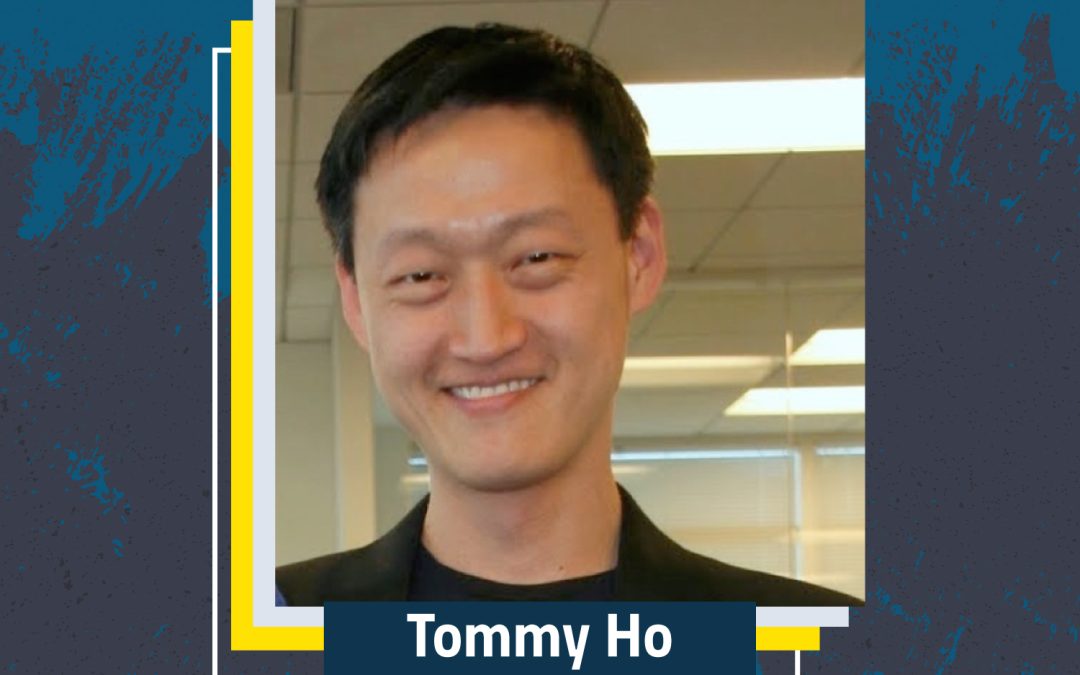
AAPI Heritage Month: Interview with Tommy Ho
Asian American heritage is about inclusion. It’s a description that cuts a wide cloth across a vast array of cultures and peoples, and it’s important to celebrate the similarities and differences. I see that diversity represented within GoDaddy’s Employee Resource Group (ERG), and GoDaddy Asians are growing. Especially during these unpredictable times, our sense of belonging that we feel through our groups help to boost mental and physical health.
